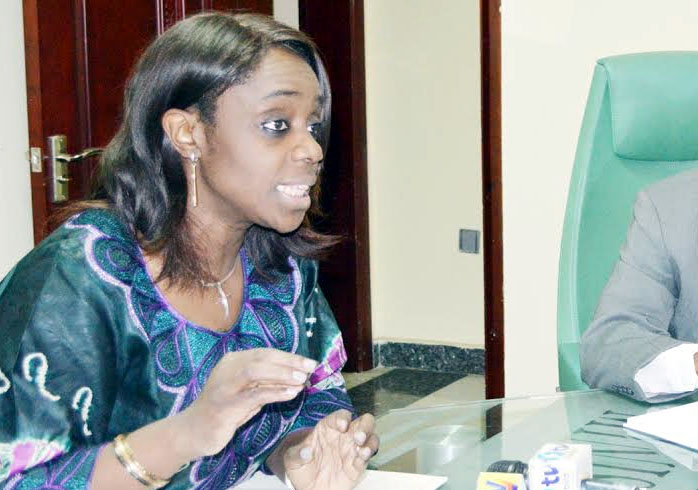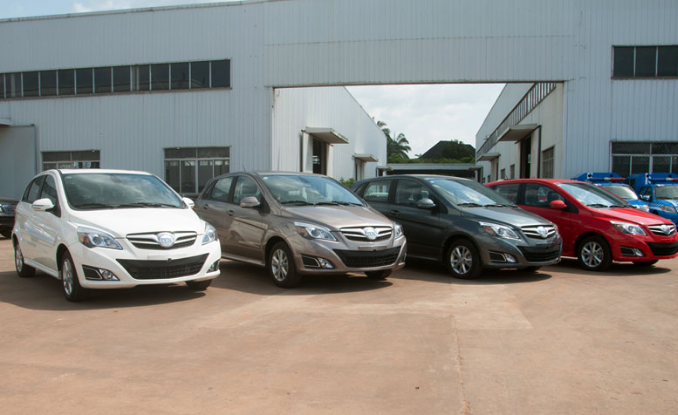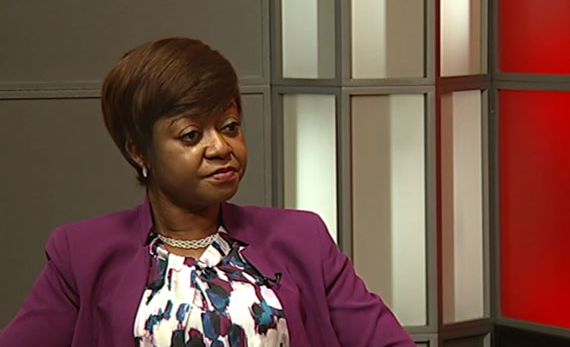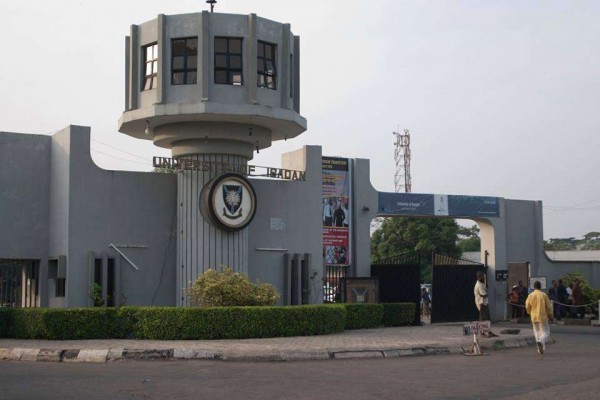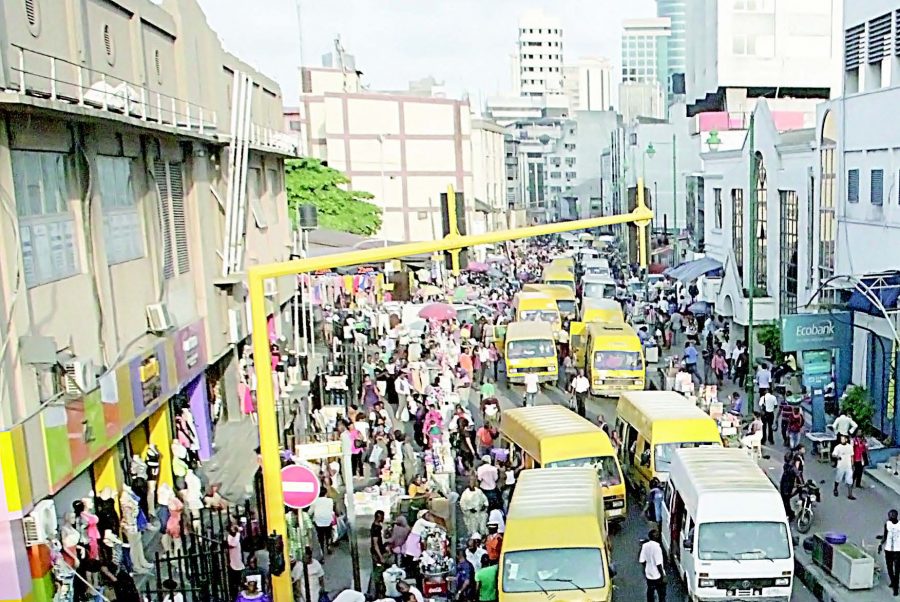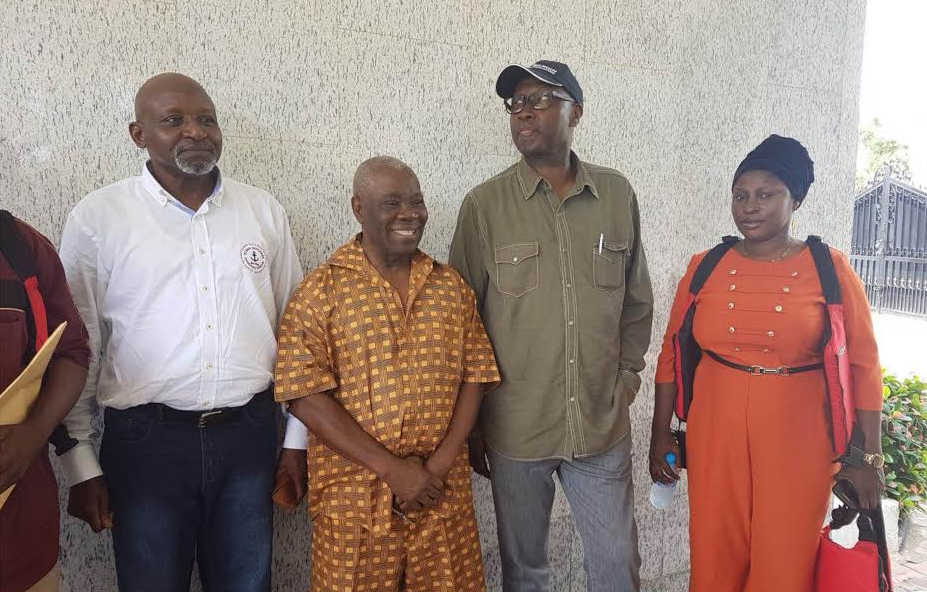Kemi Adeosun, minister of finance, says Nigeria is in its worst possible economic state but the federal government is “absolutely not confused” about how to tackle the situation.
Speaking with journalists on Wednesday in Abuja after the federal executive council meeting in Abuja, she lamented that activities of the Niger Delta militants had negatively affected the gross domestic product (GDP) of the country.
“It’s the worst possible time for us. Are we confused? Absolutely not!” Adeosun said.
“How are we going to get ourselves out of this recession. One, we must make sure that we diversify our economy. There are too many of us to keep on relying on oil. We can see what happened at the output data of the oil and gas sector.
Advertisement
“What’s happening in the Niger Delta has dragged down the GDP of the entire economy. We’re too dependent on oil whereas 87 percent of our GDP is non oil. So let us drive those other areas.
“We have to invest in capital projects. No we are not confused, the times are confusing but we are not confused. We are extremely focused. We know that if we can just bare and get through this difficult period, Nigeria is going to be better for it.”
Adeosun added that if the country continues to rely on oil and the price of oil remains low and the quantity of oil remains low, no growth can happen.
Advertisement
“We have to grow our non oil economy. I think we that we have a long way to go,” she said.
“We’re not confused and we’re not deceiving ourselves that everything is rosy. It’s not. It’s a difficult time for Nigeria but I think Nigeria is in the right hands and if we can stick with our strategy….
“We still have some adjustments to make. I think we need to make some adjustments in monetary policy. It’s quite clear we do and we will do that. We’re working on that. We need to try and find a way to support the manufacturing sector better and we will do that.
“What we have is cost-put inflation and when you have cost-put inflation, it is structural inflation. It is not going to respond to monetary policy tools such as increasing the rate of interest.
Advertisement
“We have to address the structural causes of the inflation. The trend, the rate of inflation growth has slowed down and that’s a good sign.”
The gross domestic product (GDP) report of the National Bureau of Statistics (NBS) for the second quarter of 2016, which was released on Wednesday, confirmed that Nigeria is in its worst economic recession in 29 years.
According to the report, the country’s economy contracted by 2.06 percent to record its lowest growth rate in three decades.
Advertisement
Add a comment

